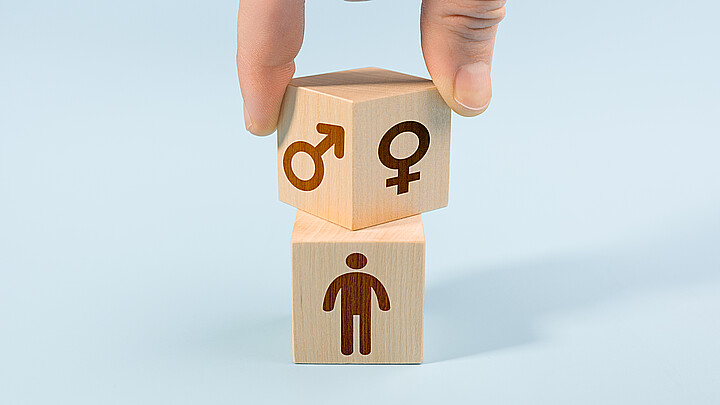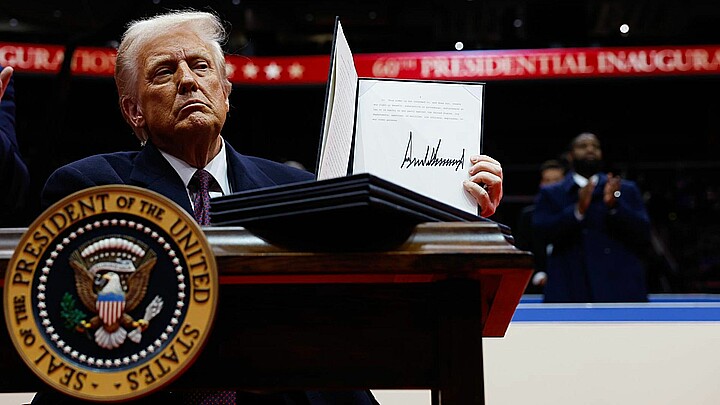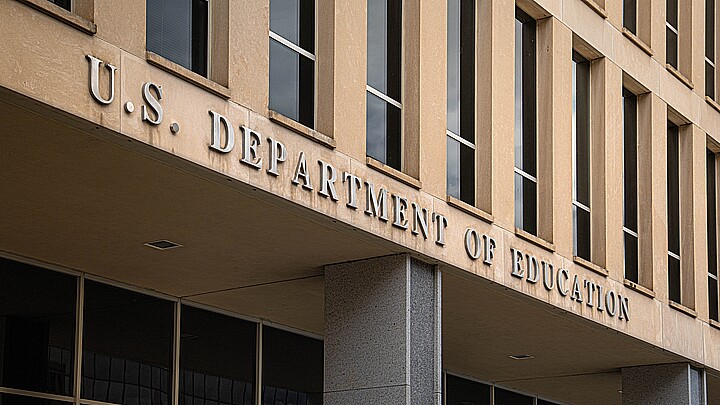Education
Biden administration asks Supreme Court to reject Harvard affirmative action challenge
The case, brought to the court by Students for Fair Admissions, contends that Harvard's actions violated Title VI of the Civil Rights Act of 1964
December 9, 2021 1:00pm
Updated: December 9, 2021 8:43pm
The Justice Department filed a petition on Wednesday urging the U.S. Supreme Court to decline to hear a case against Harvard University, which would effectively give the court's conservative majority a chance to end affirmative action policies used to increase the number of minority students on American campuses.
The case, brought to the court by Students for Fair Admissions — a non-profit organization whose mission is “to support and participate in litigation that will restore the original principles of our nation’s civil rights movement" — contends that Harvard's actions violated Title VI of the Civil Rights Act of 1964, which bars racial discrimination under any program receiving federal funding, The Hill reported.
In the DOJ petition, Solicitor General Elizabeth Prelogar argued that it would be an “extraordinary step” for the courts to reconsider past rulings on the case between Students for Fair Admissions (SFFA) and Harvard, adding that the university's admissions process is subject to “strict scrutiny" and that use of race is "narrowly tailored.”
In Nov. 2020, the U.S. Court of Appeals for the First Circuit in Boston ruled that Harvard does not discriminate against Asian-American applicants, upholding the Sept. 2019 decision by the U.S. District Court in Massachusetts.
Students for Fair Admissions, however, maintains that White and Asian-American applicants are held to a higher academic standard than other minority applicants and that Asian-Americans are admitted at a lower rate than White applicants despite scoring higher on standardized test scores.
Edward Blum, president of Students for Fair Admissions, told ADN America, “The solicitor general’s brief regrettably advocates for the continuation of racial classifications and preferences in college admissions — a position that nearly three out of four Americans of all races oppose. It is to be hoped that the Supreme Court accepts the Harvard and University of North Carolina cases and ends the polarizing, unfair and unconstitutional use of race in college admissions.”
But while the use of race in the university admissions has withstood Supreme Court scrutiny for decades, economist Thomas Sowell has repeatedly demonstrated that there are statistical factors that should be taken into account when considering affirmative action in university settings.
In his book Affirmative Action Around the World, the Black economist shows that while there were 16,000 Asian-American students who scored above 700 on the mathematics part of the SAT tests, fewer than 700 Black students scored that high, even though there are many more Blacks than Asian-Americans in the United States.
“Data such as these are simply passed over in utter silence — or are drowned out by strident assertions of “covert” discrimination,” Sowell noted
Harvard, however, has warned that the number of Black and Hispanic students would drop by nearly half should affirmative action be struck down by the court. Harvard’s lawyers have repeatedly stated that the university considers race "only in a flexible and non-mechanical way" and does not automatically favor students of a certain demographic during the admissions process.
Blum noted that SFFA's members include Asian-American applicants rejected by Harvard despite having earned high test scores and participated in extracurricular activities.
His organization has also asked that the 2003 case Grutter v. Bollinger, in which the Supreme Court upheld the right of college admissions boards to factor in race to enhance diversity, be overturned.










